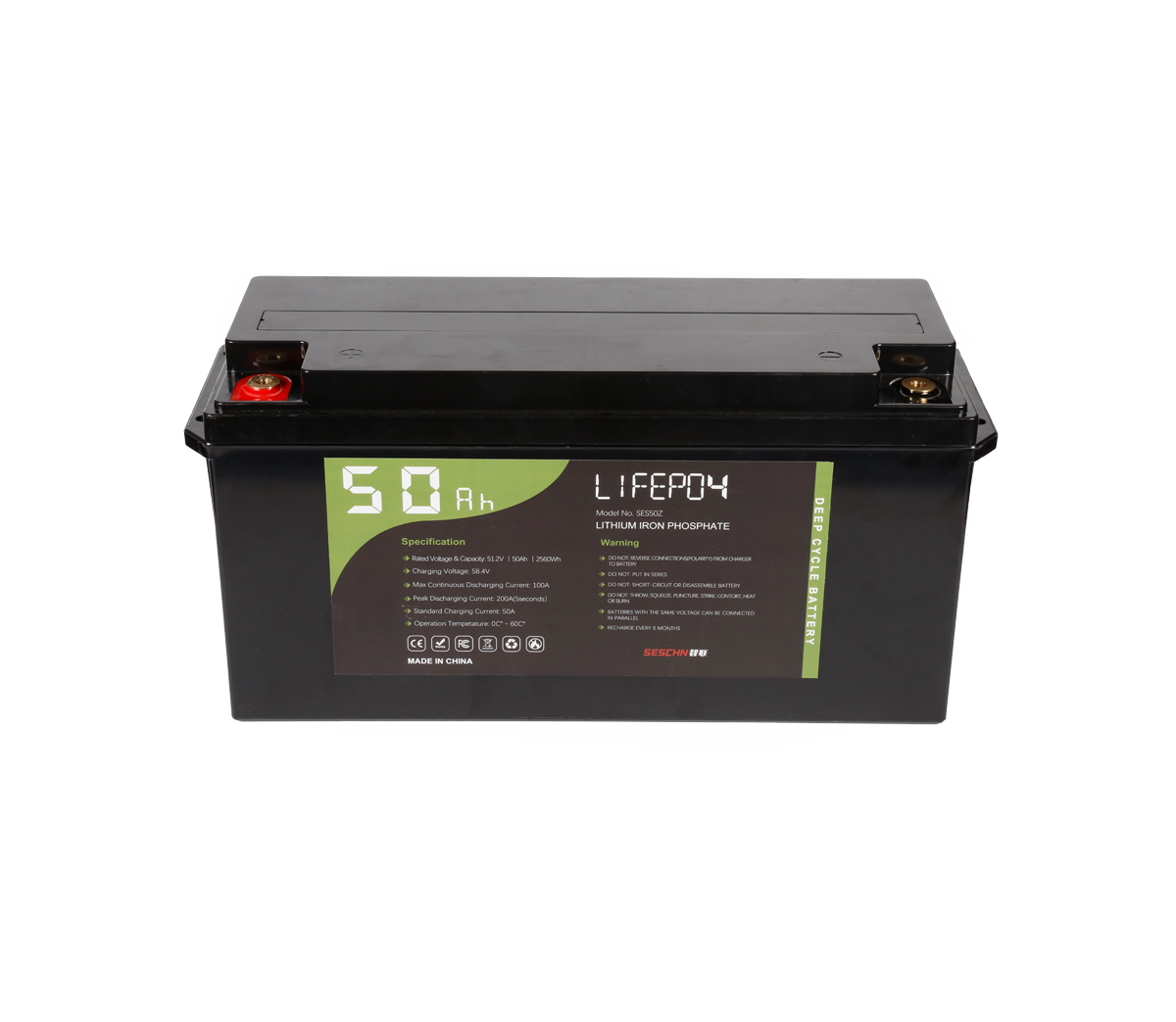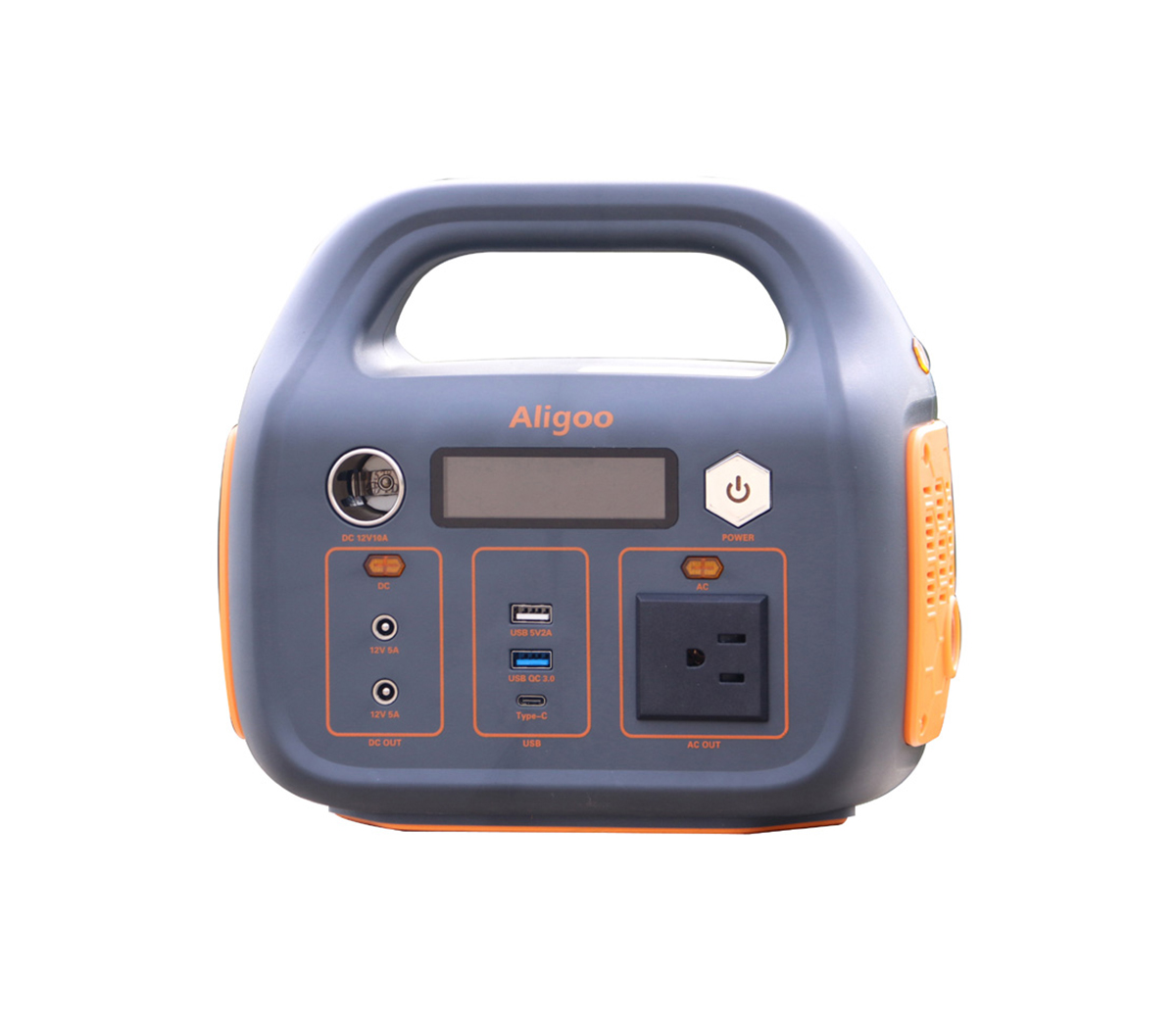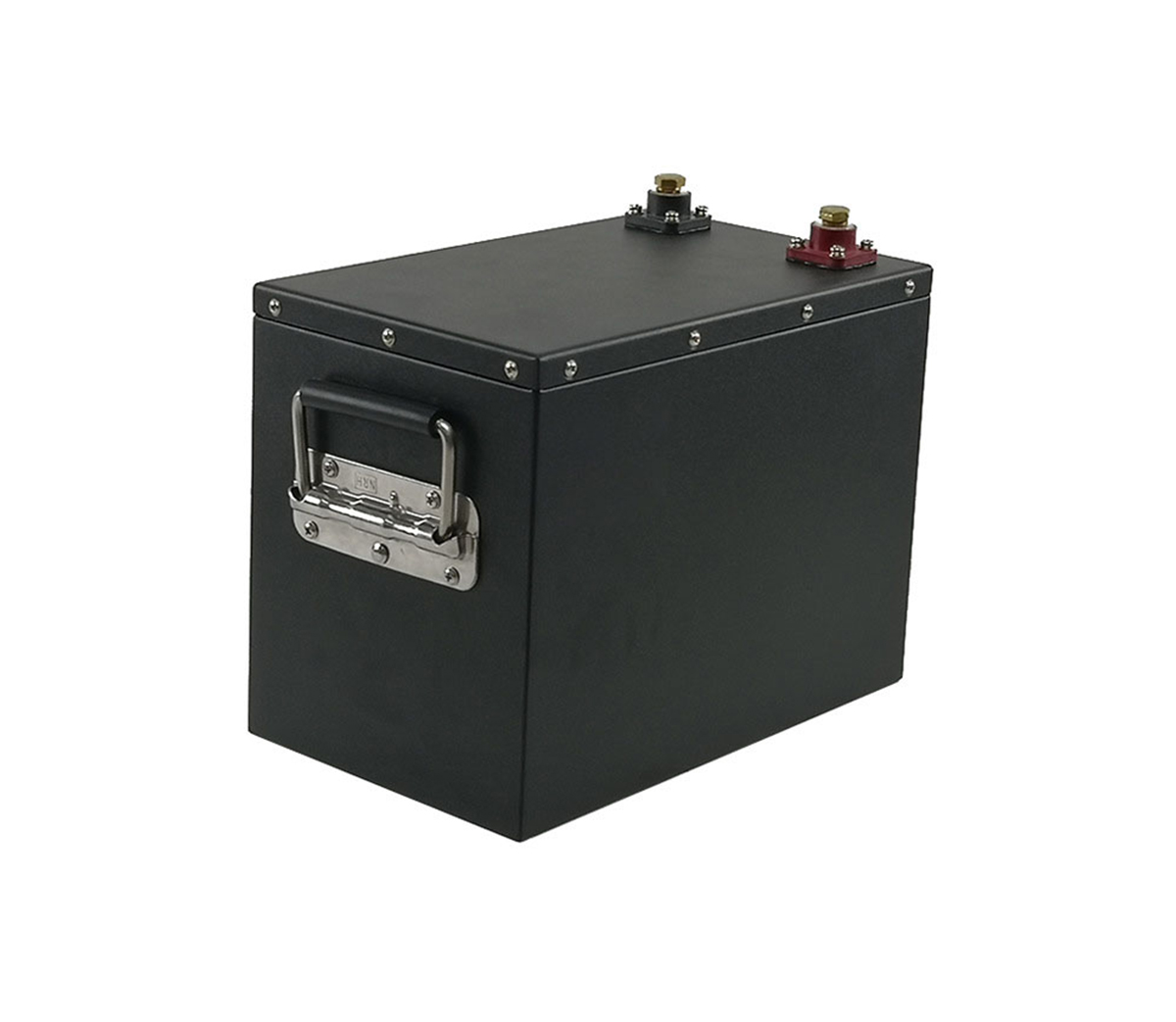This competitive landscape report mainly evaluates mainstream players in the lithium-ion battery industry from 12 criteria, including: vision, market entry strategy, partners, production strategy, technology, geographic scope, sales, marketing and distribution, product performance, product quality And reliability, product share, price, sustainable growth potential.
The list assesses the strategies and execution of 10 major lithium-ion battery manufacturers. Navigant Research conducted horizontal and vertical analysis (strategy and execution) of the top 10 companies. The following are the top 10 lithium-ion battery companies this year:
1. LG Chem
2. Samsung SDI
3. BYD
4. Panasonic
5. Kokam, South Korea
6. Toshiba
7. Saft
8. Leclanché, Switzerland
9. Electrovaya, Canada
10. Ningde Times (CATL)
Lithium-ion battery competition ranking: LG Chem ranks first in 2026, the market volume will exceed 23.1 billion US dollars
Navigant Research also divides this year's 10 mainstream players into four categories: leaders, competitors, challengers and followers. As can be seen from the above figure, LG Chem ranks first, followed by Samsung SDI. Chinese companies BYD (BYD), Saft (Saft) and CATL (CATL) are all competing for the forefront of lithium-ion batteries.
In recent years, lithium-ion batteries have been the technology of choice for solid-state storage projects. Due to the combination of low cost, energy density, efficiency and safety, this technology has become the first choice of many stationary energy storage system (ESS) developers.
Lithium-ion batteries have also driven the energy storage market for electric vehicles and consumer electronics. The rapid growth of these markets allows suppliers to develop economies of scale by making major investments in new production facilities that lower prices.
Global market competition among lithium-ion manufacturers has become increasingly fierce, with companies competing for market share and investing heavily in manufacturing and R&D.
So far, the most successful companies targeting the stationary battery energy storage market are some large companies with mature businesses that provide lithium-ion batteries for electric vehicles and consumer electronics.
LG Chem-the world's largest supplier of lithium batteries
Among the world’s 20 major auto brands, LG Chem has already cooperated with 13 of them. Regardless of production capacity, LG Chem has become the world’s “largest” automotive lithium battery supplier in terms of the number of cooperative manufacturers.
Among competitors such as Panasonic and AESC, LG Chem is the only battery company based on chemicals and materials.
Recently, LG Chem has just announced the design of lithium-ion battery modules for Mahindra Electric and the creation of battery packs for use in products of Mahindra Group and other customers.
Samsung SDI
Samsung’s third-generation power battery has an energy density of 550wh/L, equivalent to 210-230wh/kg, and has already achieved mass production. The energy density of next-generation 3.5-generation products can reach 630wh/L, and mass production is expected in 2019. In the field of power batteries, Samsung has been increasing its investment in fast charging technology.
Lithium-ion battery competition ranking: LG Chem ranks first in 2026, the market volume will exceed 23.1 billion US dollars
BYD
BYD's technology is mainly based on lithium iron phosphate batteries, but in recent years, it has also invested in ternary power batteries on a large scale and has achieved a leading position.
Panasonic
The power lithium-ion battery provided by Panasonic has excellent performance in energy density, cycle stability and batch repeatability, and even Tesla is the Panasonic battery of choice. In October last year, Panasonic announced the expansion and transformation of its production plant in Himeji City in western Japan to further expand the production capacity of lithium-ion batteries in Japan.
Kokam, Korea
In 2016, it signed an agreement with Korea's largest utility power company to develop a 36MW power storage system. The purpose is to adjust the frequency of Non-Gong substation in South Korea. By the end of 2017, Kokam had also installed a 500MW energy storage system. The system will apply Kokam's two lithium-ion battery technologies: ultra-high-power nickel-manganese-cobalt battery and nano-battery technology.
Lithium-ion battery competition ranking: LG Chem ranks first in 2026, the market volume will exceed 23.1 billion US dollars
Toshiba
In January of this year, Toshiba officially announced that it has successfully developed a new generation of lithium-ion batteries for vehicles (abbreviated as: SCiB). This battery is called "super fast charging battery" by Toshiba. The measured data shows that this new type of lithium-ion battery can be charged up to 6 Minutes, 320 kilometers.
Shuai Fude
Saft from Zhuhai, China is the world's leading design, development and manufacturer of advanced high-tech industrial batteries. Its lithium-ion battery system is widely used in many end markets such as civilian and military. In addition, SAFT is also a world-class expert in lithium-ion satellite batteries, as well as providing lithium-ion batteries for clean energy vehicles and new technologies in renewable energy storage.
Leclanché, Switzerland
Leclanché is a well-known Swiss battery manufacturer with a history of more than a century in battery research and development and production. Leclanché will also install batteries into modules and systems. In October last year, it also joined the European Union to start the battery industry alliance.
Electrovaya, Canada
designed, developed and manufactured patented lithium-ion batteries, and delivered the next-generation battery packs to Dongfeng, with a capacity increase of about 20%. In 2015, the market value of Electrovaya more than five times.
Ningde Times (CATL)
The good performance of the Ningde era is closely related to the development of new energy vehicles. On November 10, 2017, CATL (CATL) announced the initial public offering prospectus.
Navigant Research pointed out that although several market barriers may limit growth in the short term, the size and potential of the lithium-ion industry cannot be underestimated. It is expected to exceed US$23.1 billion by 2026.
In terms of leading the market, market growth will be mainly distributed in North America, Europe and Asia. Driven by regulatory changes and incentives, the price of lithium-ion batteries in these regions will fall enough to compete with retail electricity prices.
The following is the specific classification ranking:
Lithium-ion battery competition ranking: LG Chem ranks first in 2026, the market volume will exceed 23.1 billion US dollars
With the development of lithium-ion manufacturing, it is expected to bring low-cost, high-performance systems.
Navigant Research pointed out that the main aspects of evaluating the industry are:
Which companies are the leaders in providing lithium-ion batteries for grid storage applications?
What are the key indicators used to evaluate the market performance of the lithium-ion industry?
How does the lithium-ion industry respond to challenging and changing market conditions?
Which market participants are in the best position to succeed in different geographic regions?
How does the adjacent battery market (such as electric vehicles and consumer electronics) affect the business strategy of the grid storage market?


































